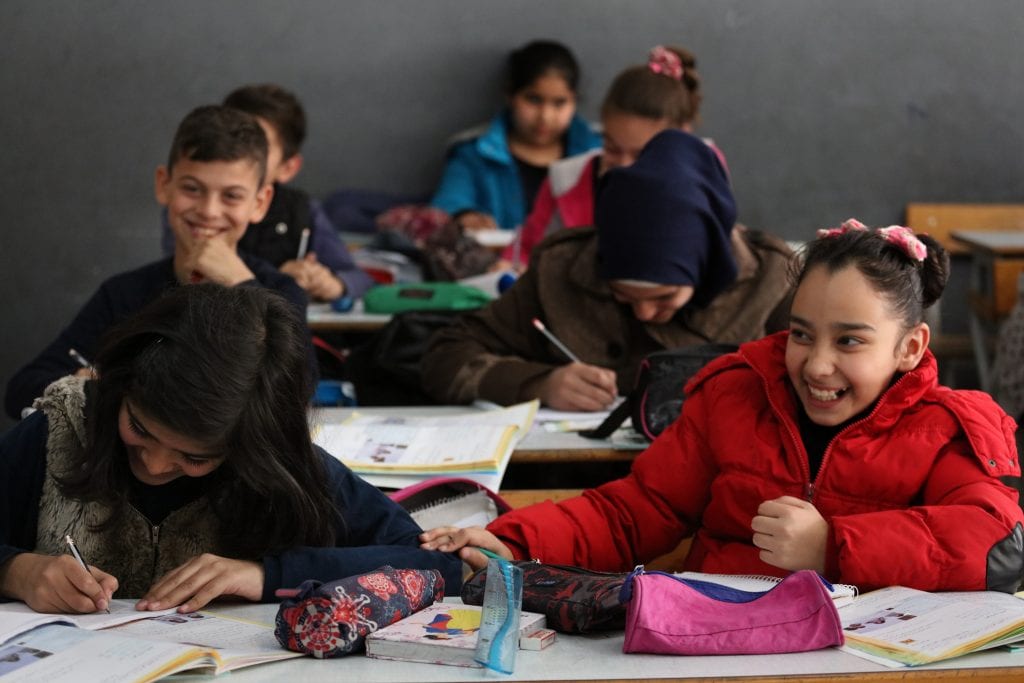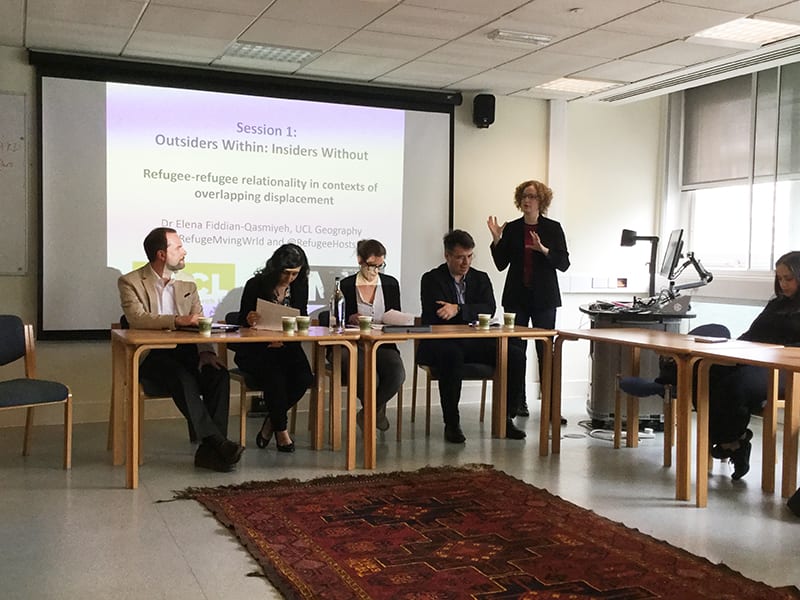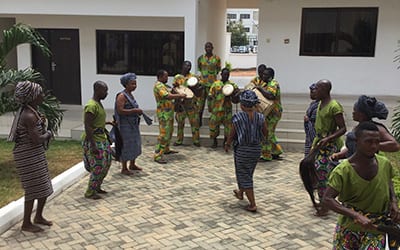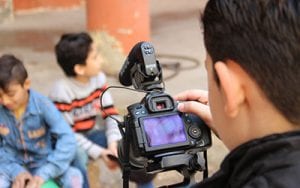Hola Colombia!
By zchaael, on 17 August 2017
 Abdul is a fourth-year UCL medical student and President of the UCLU Somali Society
Abdul is a fourth-year UCL medical student and President of the UCLU Somali Society
I’m sitting here writing my first ever blog thinking about where should I start. I suppose the logical place to start is the point at when this opportunity became a reality.
A few weeks ago, I was in Saudi, trying to withstand the blazing heat, feeling tired, fasting and doing all of this without Wi-Fi. I returned to my hotel room from the Great Holy Mosque of Saudi to an email notifying me that I had been selected to represent UCL at the One Young World (OYW) Summit in Bogotá, Colombia in October.
One Young World
Attending the summit has been a burning desire of mine this past year. One Young World brings together young leaders from around the world, empowering them to make lasting connections to create positive change. It is a once in a lifetime opportunity and with this in mind I would like to take this opportunity to thank UCL for making this possible.
February Fundraiser
My desire to effect positive change in the world really took flight earlier this year when I became heavily involved in a range of fundraising initiatives and events to raise money for the Somali Drought Appeal. Through the February Fundraiser, a student-led initiative organised by Somali Youth for Integrity (SYFI) bringing together Somali societies from different institutions, including UCL, we managed to raise £120,000 for the Somali drought. The organisations united under a common goal, to provide aid to those suffering at the hands of the worst humanitarian crisis since World War Two.
UCLU Somali Society, in particular, organised a series of successful fundraising initiatives for the February Fundraiser. The highlight was Inspire, where we managed to raise £40,000, in collaboration with Elays Network and Bright Education Centre. After this event, I was surprised to see how many UCL students got involved with the cause.
The UCL BME (Black & Minority Ethnic) Students’ Network allowed the Somali Society to fundraise at the end of the Black Lives Matter events. As a result of this opportunity, we managed to raise an extra £2,000. This was an eye-opening experience as it allowed me to see first-hand the potential we possess as students and that if we work together we can achieve anything.
The money raised during the February Fundraiser, in collaboration with UK charity Human Appeal, provided emergency food relief to drought affected internally displaced people and host communities. It also provided clean and safe water to vulnerable households in Dolow and Luuq districts. The project will rehabilitate community owned water infrastructure to improve suitability and ownership as well as improve hygiene awareness and enhance the food security of vulnerable households.
One thing that is clear from all the amazing work done by students on campus is that more and more young people are discussing important global issues. Not only with regards to humanitarian affairs, but also political matters such as the current debacle regarding university tuition fees and the NHS.
The future
My hope is that I will return from the summit with a clear vision of how I would like to use my newly elected position, as the next President of the UCLU Somali Society as well as the Vice-President of SYFI, to start discussions regarding some of the world’s most pressing issues. I would also work to provide plenty of opportunities for individuals to make a difference.
I feel that it is of utmost importance to involve students in these discussions so they can provide a unique insight into potential solutions. I want to inspire students to do more for those in need. I would like more people to become motivated and involved. We are the generation that should solve a lot of the world’s issues so it is really important for us to work together effectively to make strides to overcome them.
Last but not least, I’ve enrolled myself onto a Spanish language course and have already started to practise my salsa dancing with ‘Despacito’ on loud. Hola Colombia, I’m ready for you!
Images © Human Appeal
 Close
Close










